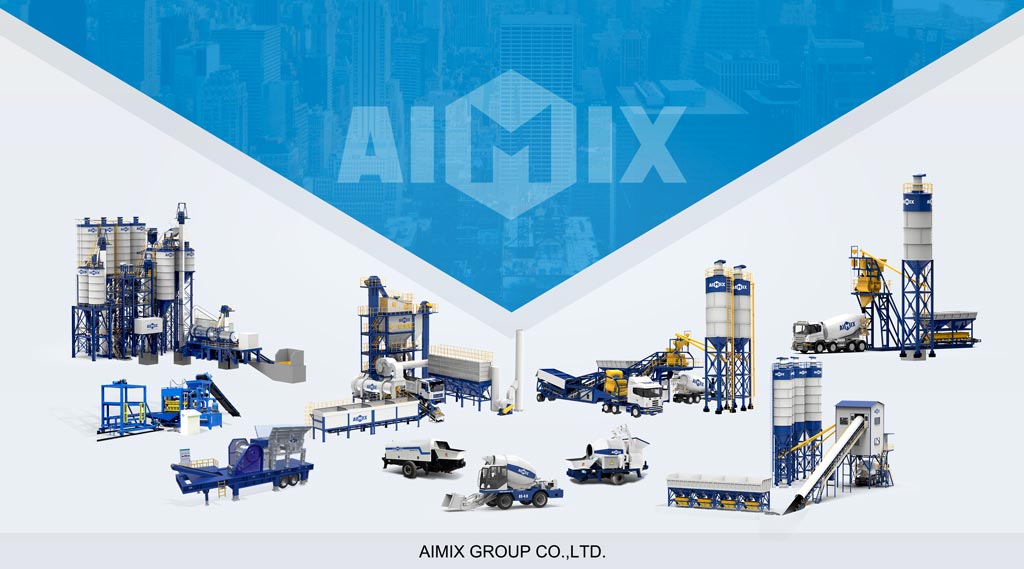Granite crusher plants play a crucial role in advancing sustainable infrastructure development, particularly in road construction projects. These granite crushers are pivotal in processing granite into various sizes of aggregates essential for building durable road foundations. Understanding their significance, operational benefits, and environmental impact is essential for leveraging their potential in sustainable road development.
## The Role of Granite Crusher Plants in Road Construction
Granite crusher plants serve as critical infrastructure in road construction by processing granite into essential aggregates. These plants are strategically positioned near quarries to optimize the supply chain and minimize transportation costs. Their primary function is to crush granite rocks into specific sizes required for road base, sub-base, and surface layers. This process ensures the uniformity and strength of road materials, crucial for withstanding heavy traffic loads and environmental conditions.
### Crushing Process and Aggregate Production
Granite crusher plants employ advanced crushing technologies to transform large granite rocks into uniform aggregates suitable for road construction. Primary mobile jaw crushers reduce the size of granite to manageable chunks. Secondary and tertiary crushers further refine the aggregate sizes to meet precise project specifications. Efficient crushing processes ensure high-quality aggregates that enhance the durability and longevity of road surfaces, minimizing maintenance and repair needs over time.
### Benefits of Using Granite Crusher Plants
The utilization of granite crusher plants offers numerous benefits that contribute to sustainable road construction practices:
- Durability and Longevity: Granite aggregates provide superior strength and durability to road surfaces, reducing rutting and deterioration caused by heavy traffic and harsh weather conditions.
- Cost Efficiency: On-site crushing of granite reduces transportation costs associated with importing aggregates, promoting cost-effective road construction solutions.
- Environmental Sustainability: By processing granite locally, crusher plants minimize carbon emissions and environmental footprint associated with transporting aggregates over long distances. Additionally, modern crusher plants integrate eco-friendly technologies such as dust suppression systems and noise reduction measures, ensuring compliance with environmental regulations.
## Future Prospects and Innovation in Granite Crusher Plants
The future of granite crusher plants in road construction looks promising with ongoing innovations and advancements:
### Integration of Smart Technologies
Emerging smart technologies, including automation, remote monitoring, and data analytics, optimize the performance and efficiency of granite crusher plants. Automated controls adjust crusher settings for maximum productivity and minimal energy consumption, while real-time monitoring enhances operational transparency and proactive maintenance. AIMIX Group always upgrades the crushing plant with smart technologies, check AIMIX crushers here: https://aimixgroup.com/stone-crusher-plants/rock/.
### Sustainable Practices and Circular Economy
Granite crusher plants are increasingly adopting sustainable practices to support the circular economy in road construction. Recycling technologies are being explored to reuse crushed granite and other materials in road maintenance and rehabilitation, minimizing waste and conserving natural resources.
# Conclusion
Granite crusher plants are indispensable in fostering sustainable infrastructure development through their role in road construction. By producing high-quality aggregates locally and embracing technological advancements, these plants contribute to durable, cost-efficient, and environmentally responsible road projects. As construction practices evolve, leveraging the potential of granite crusher plants will continue to drive innovation and sustainability in global infrastructure development.


Comments
No comments yet. Be the first to react!